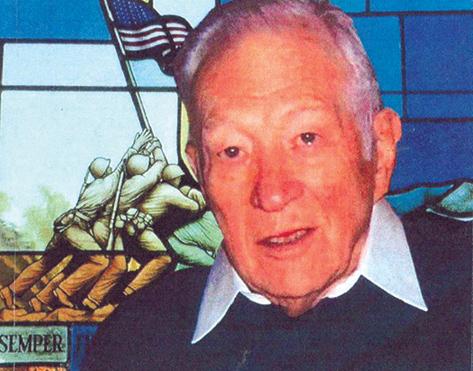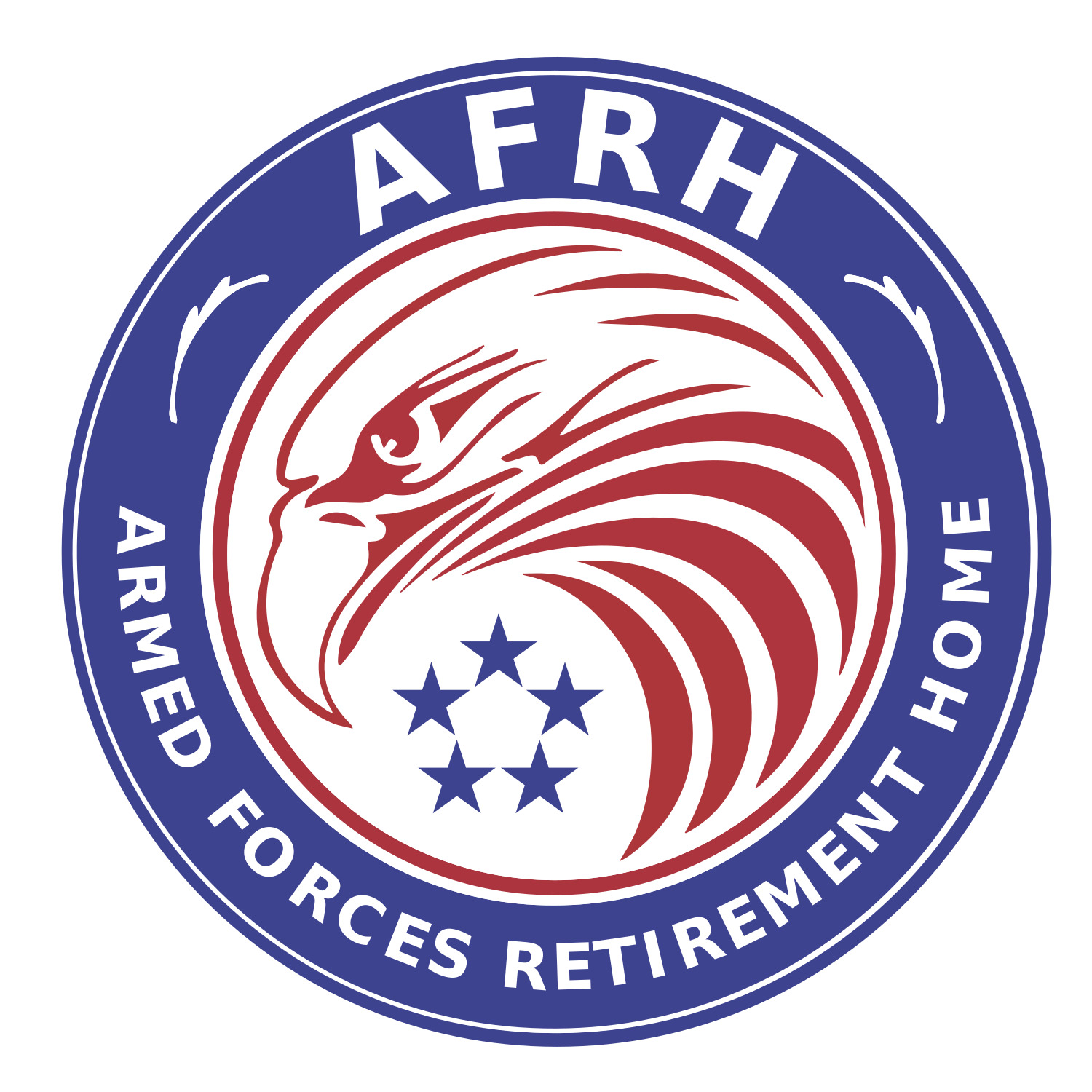
BY RUBY WOODS-ROBINSON, M.S.L.S
Paul Hoffer, who was born in 1921, has a lifetime of interesting experiences. A native of Waterloo, Iowa, Mr. Hoffer was a parishioner at the same church as the Sullivan brothers and was a classmate of one of them. In June 1942 Paul was working as a fireman on the Illinois Central Railroad and worked with the Sullivan brothers' father. The five Sullivan brothers were killed in action during or shortly after the sinking of the light cruiser USS Juneau (CL-52), the vessel on which they all served, on November 13, 1942, in World War II.
Paul had a friend whose brother was in the Marine Corps, and soon Paul and his best friend joined the Marine Corps too. Paul completed boot camp in San Diego and then took a test to go to Aviation Machinist Mate School. Only three people passed this test, and all three were from Iowa. However, Paul never made it to machinist school. Soldiers were needed in the Pacific, so Paul and his friend, along with many others, ended up on a ship to Hawaii.
At one point Paul was assigned to the Marine Corps Air Station at Ewa (Hawaii) and the Palmyra Atoll, a beautiful island used as a refueling station for the military during World War II. While he was in Palmyra, Paul was sent to the U.S. MARINE CORPS of Bougainvillea, the 4th Marine Base Defense Aircraft Wing. While there, he was in the Quartermaster Corps and ordered the parts to repair the planes. Paul was also at Guadalcanal, where he was in a fighter squadron and fought against the Japanese.
Later Paul was transferred to Cherry Point, North Carolina, and was placed in shipping and receiving — packing out military personnel being sent to other duty stations. He was there until September 28, 1945, when he was discharged from the Marines.
Paul said he had a wonderful life in the Marine Corps and would not have wanted to be anyplace else. His first marriage, to a Marine he met in N.C., produced seven children — two Marine sons and five daughters. Paul has five grandchildren and two great-grandchildren. His wife, Agnes, passed away in 2002.
Paul has been married to Georgia Lesh Hoffer since 2008, and they are enjoying their life at the Armed Forces Retirement Home, Gulfport. Georgia has one son by a previous marriage, two grandchildren, three great-grandchildren, and two great-great-grandchildren.
Both Paul and Georgia are very active volunteers at the retirement home. Both are devout Catholics, and Paul is a Eucharist minister, an altar server, and a lector at Mass. Georgia volunteers in the chapel, in the administration office, and in the library. She also delivers birthday cards and teaches aerobics. One wonders what Father Uko would do without Georgia and Paul.
Of all of the wars in recent memory, World War II truly threatened our existence as a nation and as a culturally free, diverse society. Nearly 500 World War II veterans die each day, and the time to express thanks to these brave men and women is running out. One way of thanking them is through honor flights.
Each year the Honor Flight Network plans trips for WW II veterans to our nation’s capital, so they can visit the World War II Memorial, along with the other war memorials. One of these flights is the Mississippi Gulf Coast Honor Flight to the District of Columbia. Paul was selected to go on this flight in 2012.
The veterans selected to fly to D.C. see more in twenty-four hours than most visitors see in a week. Each veteran has time to reflect on their days at war. Paul left Washington, D.C., reflecting on both the good and bad memories of war, and he thanks God for bringing him home safely.
Paul vividly remembers the day when his buddy talked him into getting out of bed and going to breakfast. When they returned to Paul’s sleeping area, they saw that it had been bombed; nothing was left but a hole. Georgia asked Paul if he ever wondered why he was spared when so many others weren’t. He didn’t hesitate. He said, “I was supposed to marry Agnes and have seven wonderful children.”
After they visited the World War II Memorial, Paul and the other veterans went to the Korean War Veterans Memorial. Paul thought the statue of a soldier carrying an automatic machine gun looked like his brother John, and this brought back many memories of how John suffered from his wounds after coming home from Korea. Paul went on to say that when he saw the raising of the flag, “It actually made me stand up straighter. It was the Marines that did this.” The vets also visited the Vietnam Veterans Memorial, and Paul said, “The Vietnam Wall left me grateful to the Good Lord that Dan’s name [his son-in-law] was not there."
Paul went on to say, “The Arlington Cemetery hurt my heart — 680 acres of nothing but crosses, and it’s not even the ones from overseas.” When he saw the changing of the guard, there was a really steep hill, and Paul remembered what Georgia had told him before leaving home, “Don’t be a macho Marine; if you get tired, please stay on the bus.”
“So I stayed on the bus. The bus driver took us to where we could see them [the vets] at the top of the hill, and you could hear taps. When we returned to the Gulfport Airport, the bands and the men, women, and children were there to meet us, waving their flags. Women were grabbing me and kissing me. The Mississippi Congressman shook my hand. I thanked God for my safe return and the terrific life He had let me live with my wonderful family and friends.”
- Log in to post comments
